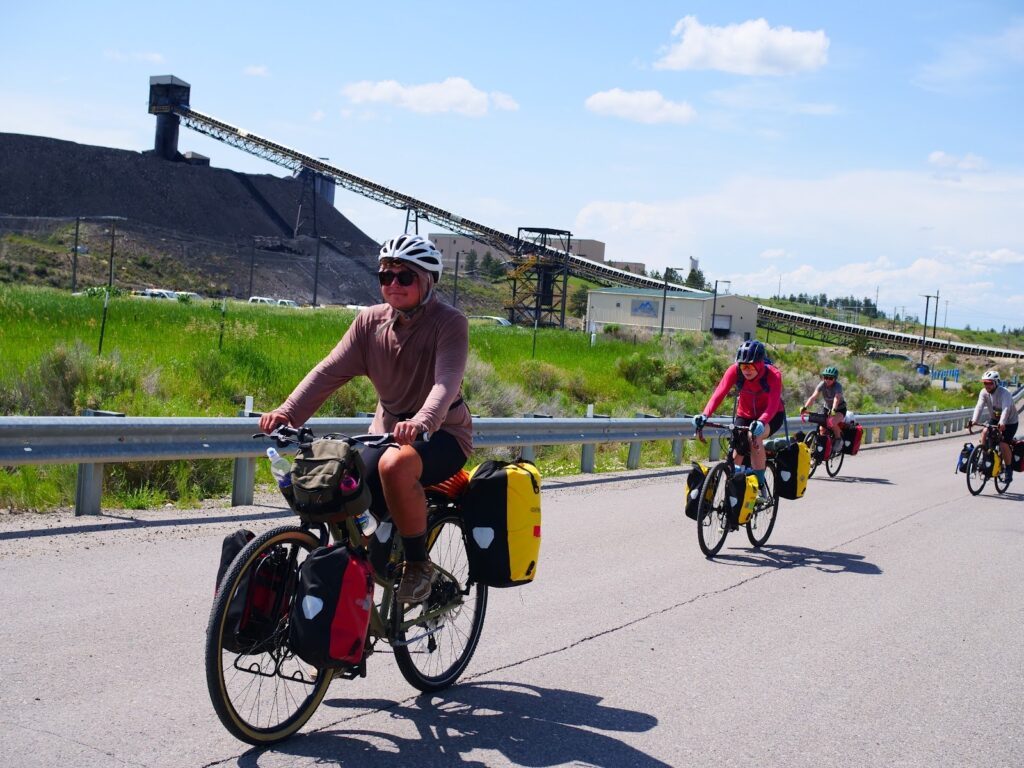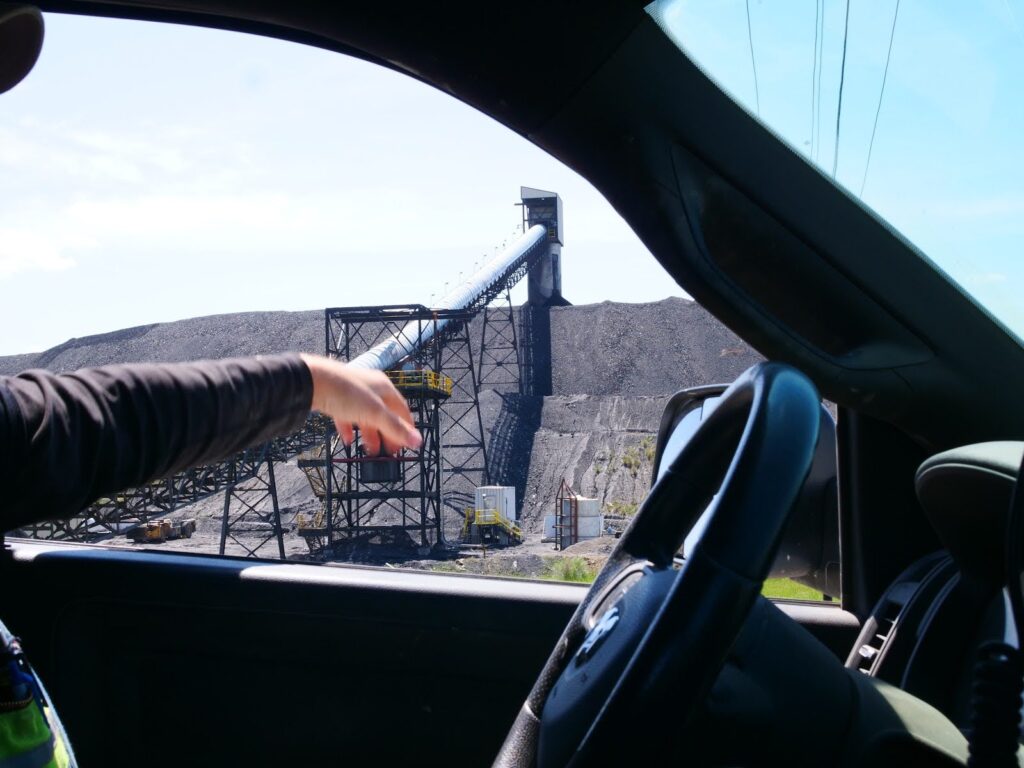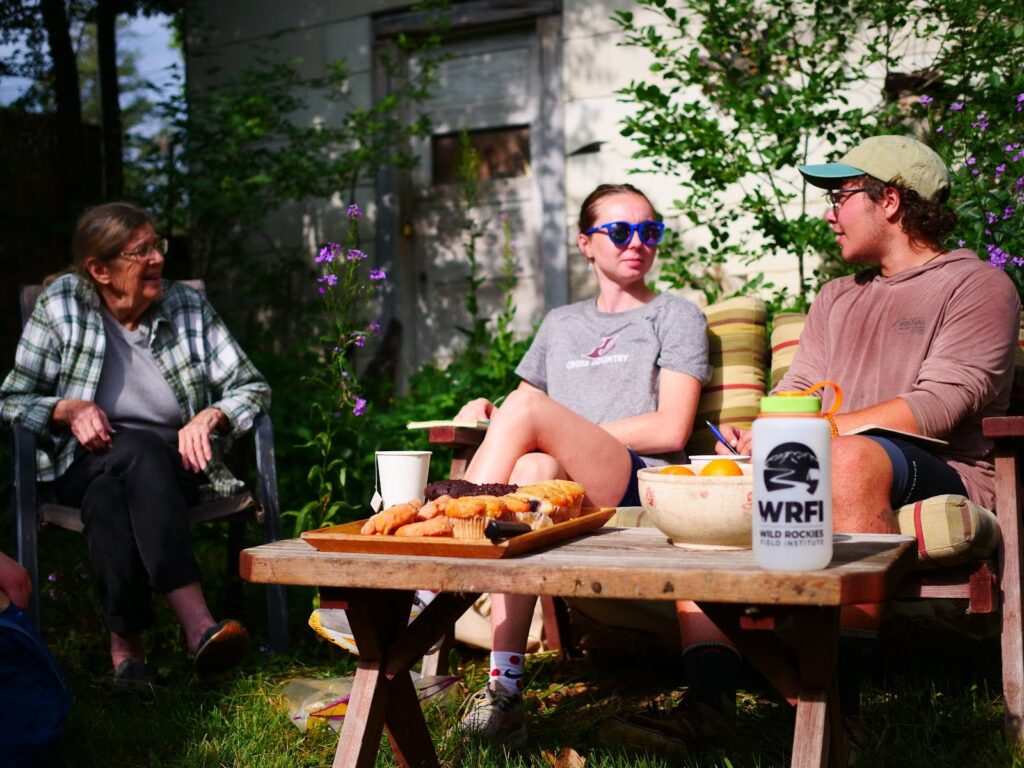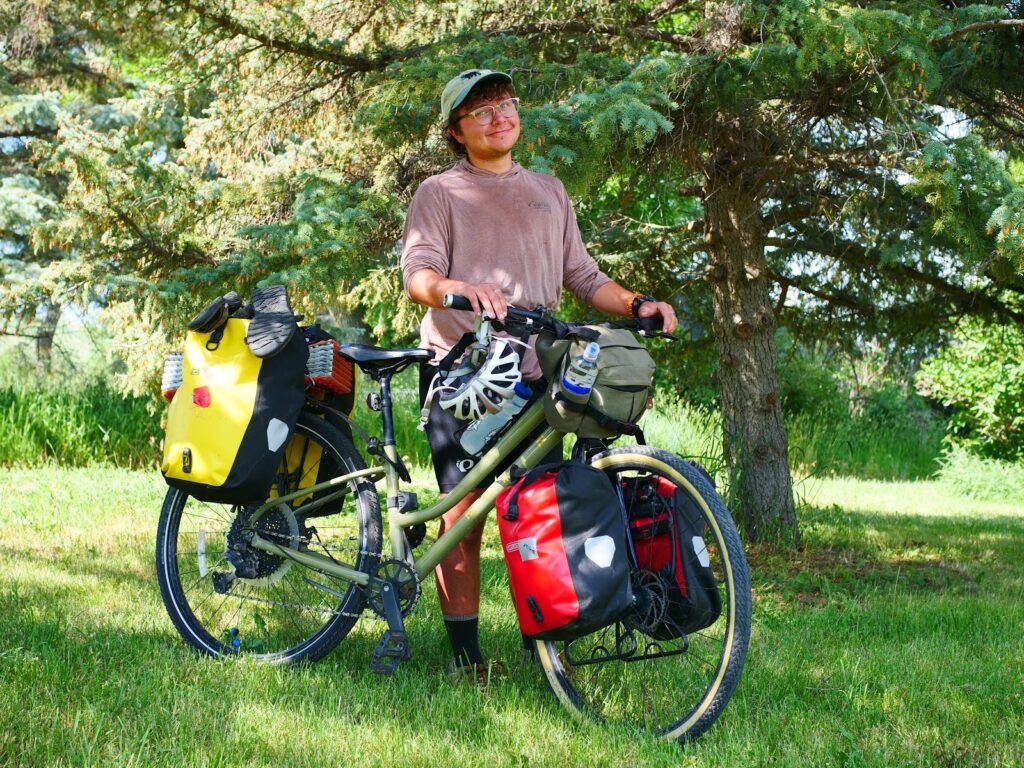“You know you’re right, but you have to understand the forces against you,” Elizabeth Wood explained to us as we sat around a table of muffins and orange juice in her backyard in Roundup, Montana. Elizabeth is an environmental activist who has fought for decades for people in small Montana communities to understand the importance of renewable energy. As Elizabeth knows all too well, it’s not easy to create change anywhere, let alone somewhere that fossil fuels have become highly politicized.

“You know you’re right” stuck with me. With my abstract understandings of energy systems and global climate, knowledge I have mostly gathered by sitting in air-conditioned classrooms of a progressive university, of course I believe that I’m right about what the future of energy should look like. I know what is right and wrong based on data and statistics compiled by organizations I have decided to trust. I know that coal and gas and oil are polluting our environment and they should be phased out of our energy systems. This is the lens that I see the world through, the bias that I carry with me into all of my interactions.
When we cruised on our bikes down the hill and through the gates of Signal Peak Coal Mine, I felt like a secret agent about to uncover the dirty and deceitful underbelly of Montana energy. Derek and Cleaf, two hesitant but friendly mine employees, greeted us and agreed to give our group an impromptu tour of the mine. I was struck by their openness and excitement to share their life’s work with us. Derek happily took half our group in his big white truck and drove us around the property, pointing out all the different buildings that crush, clean, and process the coal before it is loaded onto trains. I was feeling appalled by the monstrous structures built to extract and deliver 40,000 tons of coal per day. How could people think this is ok? Do they not understand the environmental implications of this work? Solar panels and wind turbines are the energy sources of the future, so why are these people stuck in the past?

“What do you think the future of coal is going to be?” one of us bravely asked Derek. I still felt like we were on thin ice, being a bunch of hippie college kids who showed up to a coal mine unannounced on bicycles. Derek paused for a moment, considering his audience.
“Are you guys Republican or Democrat? I don’t want to offend anybody,” Derek replied. We wouldn’t be offended by any answer, we said, we just wanted to know what he thought. Derek explained that it’s this coal that’s powering our world, and there is no end in sight. It’s the cheapest and most abundant form of energy, and he wishes that people would stop demonizing it, especially since we are all guilty of using the energy it creates.
It’s easy to vilify mining and burning coal in the abstract, as this far off, malicious entity which intentionally pollutes and harms our environment. We think that if it were up to the people who understand, things would be different, would be better. But Derek does understand. He knows that people are going to continue to buy coal and he is going to continue to mine it. We need to start with the context of the reality we live in if we want anything to change. Derek told us that he wants to put solar panels on his house. He is not the enemy – he is just a person doing his best in a system supporting consumer demand.
 Communities are made up of real people like Derek, none of whom are evil or malicious. We cannot begin to create change without trying to understand the underlying forces in our socio-economic/ecological systems, and that involves talking to people we think we won’t agree with. Being open to new perspectives in this way is something that Alexis Bonogofsky has extensive experience with. Alexis is a rancher, environmentalist, and community organizer near Billings who we got the chance to stay with.
Communities are made up of real people like Derek, none of whom are evil or malicious. We cannot begin to create change without trying to understand the underlying forces in our socio-economic/ecological systems, and that involves talking to people we think we won’t agree with. Being open to new perspectives in this way is something that Alexis Bonogofsky has extensive experience with. Alexis is a rancher, environmentalist, and community organizer near Billings who we got the chance to stay with.
“The way to achieve your goal is not by telling other people they are wrong,” Alexis told us. Our idea of positive change is valuable, but it means nothing without community support. We all want to live healthy, meaningful lives, but we must find common ground with each other in order to do so. Alexis helped me to realize that even if you know you are right, like Elizabeth said, the way to create change is to listen to people in the community and work together to build a better future for everyone.
